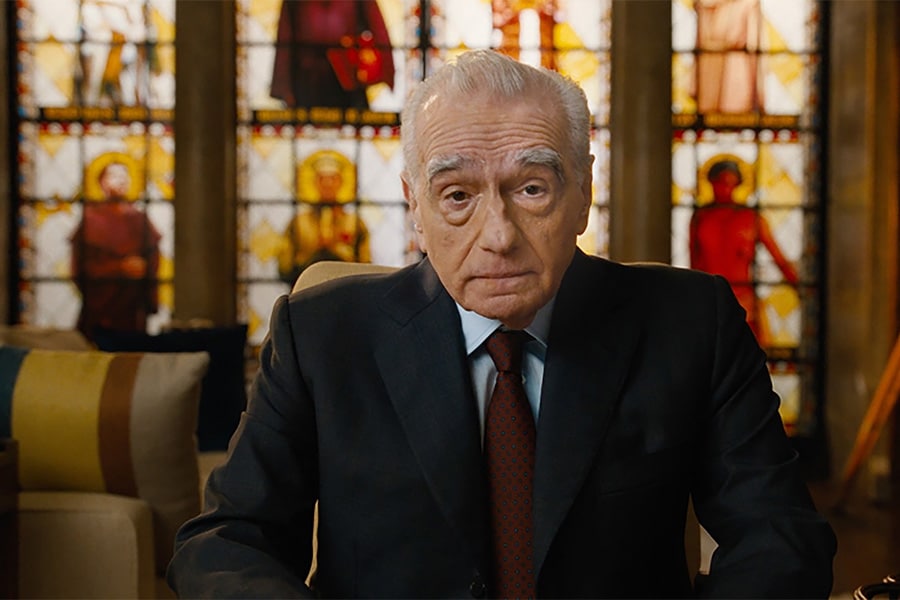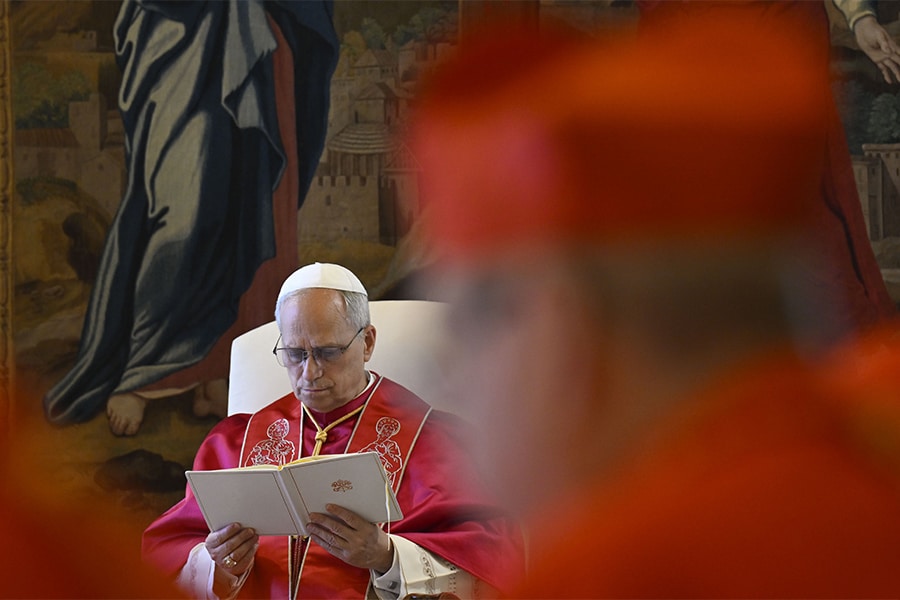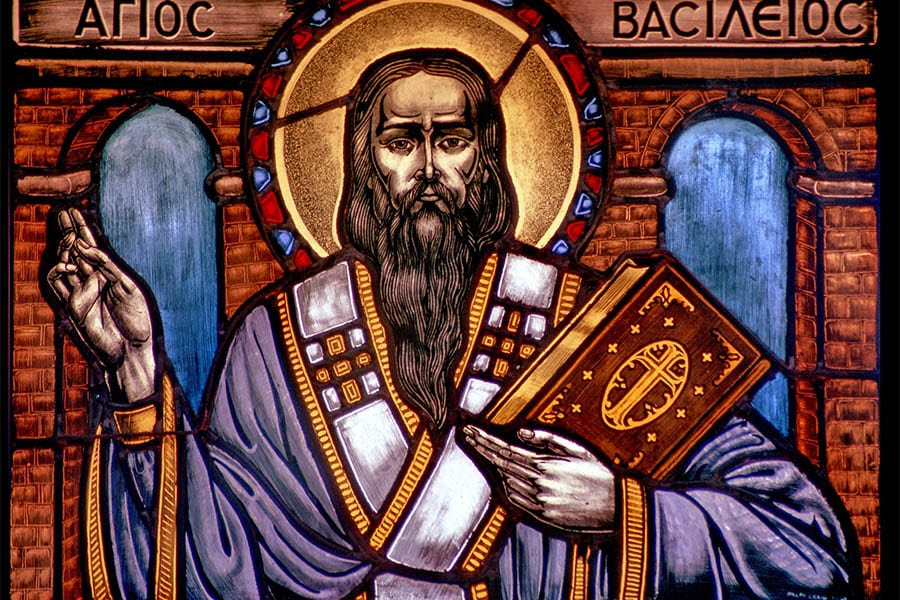June 2023 marks the 500th anniversary of one of the most cruelly ironic publications in the history of the Catholic Church, St. Thomas More’s “Response to Luther.” It was his first major expressly theological work and his entrance into the complex religious politics of the early Protestant schism. More’s book is a vigorous defense of an earlier book, “A Defense of the Seven Sacraments,” attributed to none other than King Henry VIII, the monarch who would have St. Thomas beheaded for treason some 12 years later.
In 1520, Martin Luther published his treatise “On the Babylonian Captivity of the Church,” accusing the pope of holding the church captive through the theology of the sacraments, which are, of course, administered by and through the church. In doing so, Luther essentially severed all ties with the Roman Catholic Church and invited his excommunication in 1521. Luther unambiguously rejected all the sacraments of the church except for baptism and Communion. But he substantially changed the meaning even of those. Thus, in effect, Luther rejected all seven sacraments of the Catholic Church.
Published in 1521 (and translated into German as early as 1522), King Henry’s “A Defense of the Seven Sacraments” expressly responded to Luther’s attacks. Pope Leo X, to whom the king dedicated the book, was so impressed by it that he conferred upon Henry the quasi-official title “Defender of the Faith.” While scholars generally agree that St. Thomas read and corrected drafts of Henry’s book, it is widely accepted as his own work. It is still considered an accurate and sophisticated defense of the church’s sacraments.
In 1522, Luther published a vitriolic and vulgar attack on the king (whom he called a “pig, dolt and liar”), entitled “Against Henry, King of the English.” Rather than to respond himself, Henry asked both More and Bishop St. John Fisher to write answers to Luther. Being the king’s good servant, More quickly agreed, finishing the response in May 1523 and publishing it the next month. (Fisher’s “Confutation of Luther’s Assertions,” published in Latin in 1523, is not as well known or regarded as More’s response.)
By modern standards, some of the language in the “Response to Luther” may appear scandalous. At Henry’s instruction, More uses the same tone as “Against Henry,” using rhetorical and linguistic devices that may sound shocking to our ears. This is, at least in part, why More wrote anonymously in the voice of a character who was himself scandalized and insulted by the tone and heretical content of Luther’s treatise. But the tenor of St. Thomas’ work should not distract us from its theological importance and, especially, its historical irony.
Though a theological work, More turns his skill as a lawyer against Luther, cross examining him for internal inconsistencies and theological errors in “Against Henry.” In defending the king’s book, St. Thomas defends the authority of the church, the legitimacy and efficacy of the seven sacraments, the importance (and even priority) of tradition in reading the Bible, and the indispensable responsibility of the magisterium. As King Henry himself would eventually disavow the substance of some of More’s defense of the king’s book, the theological irony is rich.
The historical irony is that the man who dedicated so much care to defending Henry would be executed by that very monarch on an accusation of treason. This occurred because More would not take an oath affirming either the Act of Succession (repudiating Henry’s marriage to Catherine and affirming the legitimacy of his marriage to Anne Boleyn) or the Act of Supremacy (declaring Henry to be the head of the church in England).
In his play about St. Thomas, “A Man for All Seasons,” Robert Bolt creates the following dialogue between More (who had been arrested and confined to the Tower of London) and Thomas Cromwell, who had been charged by Henry with trying to bully More to take the two oaths:
CROMWELL: The king published a book. A theological work. It was called “A Defense of the Seven Sacraments.”
MORE: Yes. For which he was named “Defender of the Faith” by His Holiness the pope.
CROMWELL: By the Bishop of Rome. Or do you insist on “pope”?
MORE: No, “Bishop of Rome” if you like. It doesn’t alter his authority.
CROMWELL: Thank you, you come to the point very readily. What is that authority? Approaching, for example, the church in England. What exactly is the Bishop of Rome’s authority?
MORE: You will find it very ably set out and defended, Master Secretary, in the king’s book.
Whether the actual dialogue (or something similar) ever took place is open to speculation, of course. But it is consistent with More’s loyalty to crown and cross. To the end, St. Thomas both defended the king and the pope. He was, as he told the audience who had come to watch him executed on July 6, 1535, “the king’s good servant. And God’s first.” In 1523, More’s service to God won him favor with Henry VIII. In 1535, it cost him his life. Now, 500 years after More’s vigorous defense of the authority of the church, his life and death remain examples to us all.
Read More Saints
Copyright © 2023 OSV News








